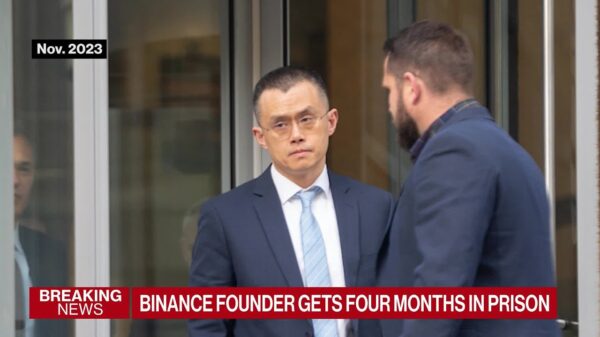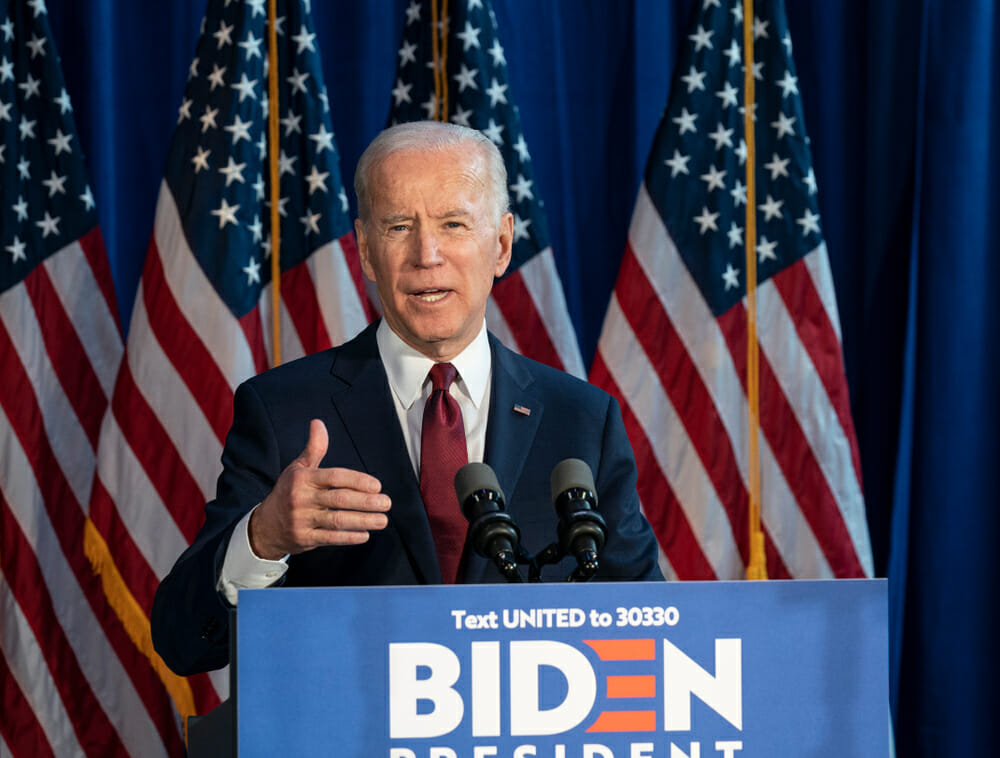President Joe Biden and House Republicans have come to a tentative agreement to raise the U.S. debt limit, preventing a significant default. The deal, confirmed by House Speaker Kevin McCarthy, was established during a phone conversation between Biden and McCarthy. This agreement needs to be approved before June 5 to ensure the U.S. can meet its financial obligations.
McCarthy views the deal as advantageous for the American public, although further work remains. Biden recognizes that the agreement signifies a compromise that safeguards essential priorities and legislative achievements.
If the deal successfully passes through Congress and becomes law, it will avert an unparalleled economic crisis. A default by the U.S. government could trigger a worldwide recession and workforce reductions. Moreover, the agreement postpones the next debt ceiling confrontation until after the 2024 elections.
Challenges may arise during the process, with anticipated opposition from both the liberal and conservative factions. Certain conservative members within the Republican Party have expressed reservations about the deal, while others harbor more optimism.
US debt ceiling deal ready for Congress vote, Joe Biden says https://t.co/r91yUY8dDq
— BBC News (World) (@BBCWorld) May 29, 2023
The agreement involves raising the debt limit for two years and imposing a cap on non-defense spending. Compromises have been made regarding work requirements for beneficiaries of food stamps. The deal gradually enforces time limits for food stamp recipients aged up to 54, with exceptions for veterans and the homeless. The provisions for Medicaid and modifications to the Temporary Assistance for Needy Families program remain unchanged.
Negotiators will persist in refining the legislative text, with McCarthy foreseeing a House vote on Wednesday. The deal aims to reduce spending and establish a 1% top-line figure for the following six years. It also incorporates work requirements for the Supplemental Nutrition Assistance Program (SNAP) and Temporary Assistance for Needy Families (TANF).
The urgency to finalize an agreement intensifies as the U.S. nears the possibility of default and economic calamity. Treasury Secretary Janet Yellen stresses the importance of addressing the debt ceiling by June 5. The timeline is narrow, and negotiators are under significant pressure.
While forecasts on the debt limit are not exact, Congress must act promptly to avoid potential financial upheaval. The preliminary agreement fosters optimism about evading a historic default and ensuring the nation’s financial stability.
Image Source: lev radin / Shutterstock













































